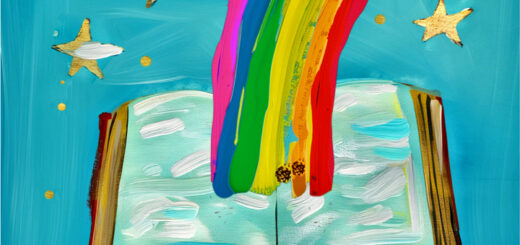We watch because "darkness cannot drive out darkness, only light can do it"
Reflections by the volunteers of the Gionata project
“Darkness cannot drive out the darkness, only the light can do it. Hatred cannot drive away hatred, only love can do it"(Martin Luther King Jr., Strength to love, 1963).
These words, which seem so simple, remind us how powerful the choice of love and solidarity is, especially if we think of homophobia and the many discrimination we see in our time.
Today, unfortunately, we continue to attend violence, marginalization and insults aimed at LGBT+ people and anyone who does not fall into an "consolidated" idea of identity, faith and ethnic belonging. It is a darkness that seems to devour hope. But, as King teaches, the darkness is not fighting with other darkness: the answer is to turn on a light, even small, even trembling, in our lives.
Martin Luther King reminds us that "Love is the only strength capable of transforming an enemy into a friend"(King, A Testament of Hope: The Essential Wrimentings and Speeches of Martin Luther King Jr., 1986).
It is not a naive love, but a courageous love, which requires to respond to injustice with action, not to remain in front of words of hatred. It is the decision to get involved, to defend who is the target of discrimination, to make their voices heard and to testify that each person deserves dignity.
The Vigils for overcoming Omotransbibobia, which will take place in May, they are not simply a moment to bring together who thinks in the same way, but an opportunity to publicly affirm that the light can truly defeat any type of darkness. It is not a question of making war to those who think differently, but of proposing a new way of being together, in which no one feels excluded or refused.
As King said, "We must learn to live together as brothers or we will perish together as fools " (Martin Luther King Jr., speech at the Southern Christian Leadership Conference, 1964).
Words that make you think, especially when we assist every day to forms of discrimination towards LGBT+people, towards women, migrants, in an increasingly longer list that seems to never end.
If we really want to hope for a better future, we must, in the first person, make the light visible through a small gesture - a kind word, an unexpected embrace, an appeal not to remain silent in the face of an injustice - which They are drawn that spark capable of illuminating the space around us.
The vigils remind us that "The light shines in the darkness, and the darkness did not win it"(John 1,5) and that, as King repeated tirelessly, hatred is never the answer: only love can really change history.






